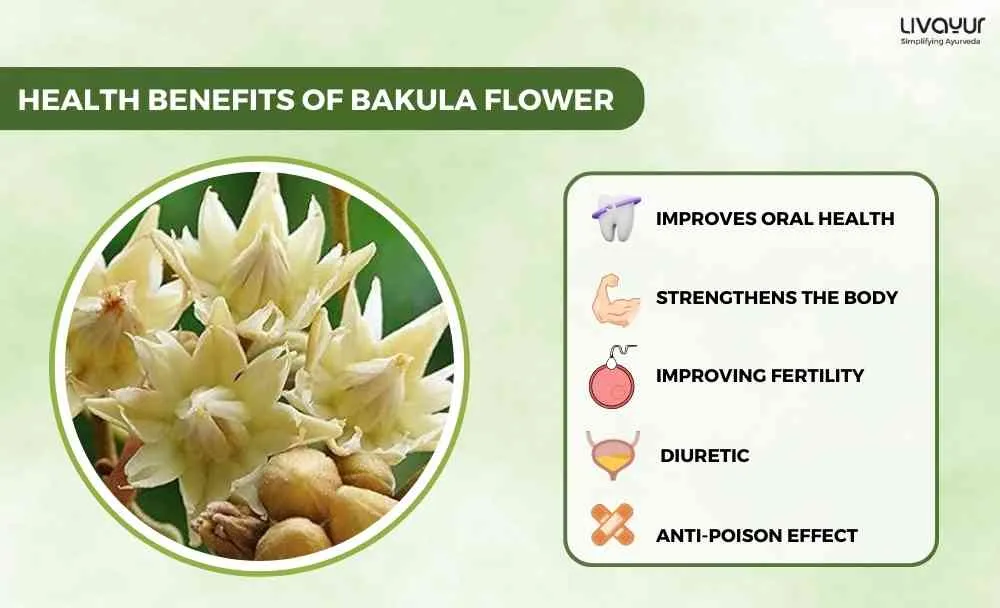
Bakula Pushpa (whose botanical name is Mimusops elengi) is also known as Bulletwood tree, Maulsari, Indian medlar, Bakula and Spanish cherry. It is a popular herb in the ancient Indian practice of Ayurveda.
This evergreen tree, which leads to the budding of sweet-scented flowers, is often cultivated as a garden tree. Bakula plant, which is native to India, is also grown in Northern and Peninsular India as well as the Andaman Islands.
The secrets behind the popularity of Ayurveda’s Bakula flower lie in its powerful health benefits.
The Bakula Tree
The Bakula tree has been in the news in recent times because of its growing demand. The Bakula Pushpa plant has a lot to offer with regard to therapeutic benefits.
That said, Indians are not strangers to its valuable properties when it comes to hair and skincare. Simply known as Bakula, to us Indians, this ancient tree finds elaborate mention in ancient Ayurvedic scriptures as well as Kalidasa’s Meghdutta.
Bakula flower benefits are many. The tree’s fragrance is sweet-smelling and fresh. Moreover, it is an evergreen tree with a distinctive appearance owing to its dark bark characterized by deep fissures. The inside of the bark is red whereas the outer part of the bark is reddish-grey and hardy. The tree grows across the country with distinctive smooth and shiny leaves.
What is Bakula Flower
The flower is considered to be a harbinger of Vasant or the spring season in India. The Bakula flower generally blooms in the months of May and June. The flowers are quite small, nearly 2 cm (centimeters) in diameter.
In addition, the flower has a crown emerging from the middle. The flowers of the Bakula plant typically fall by morning, but the fragrance continues to leave everyone in a spell.
The Bakula flowers tend to grow in bunches and are extremely fragrant. They are whitish in colour, with a tinge of yellow. The fragrance can be successfully retained for several years if the flowers are sun dried and preserved efficiently. The dried flowers are also used to create necklaces and other beautiful ornaments worn by women.
The tree’s fruits are oval with a greenish hue when raw. On ripening, the fruits turn yellow. The ripened fruits then become greyish brown in colour and shiny in texture. They typically contain 1-2 seeds and are caustic in nature. They generally develop in June.
Bakula Flower in Ayurveda
The flowers, fruits, seeds and bark of the Bakula plant are used in Ayurveda because of their medicinal properties. In Ayurveda, it is believed that the Bakula Pushpa effectively reduces two vitiated doshas: Pitta and Kapha.
The primary chemical constituents of Bakula Pushpa include tannins, sterols, taraxerol, spinasterol, beta-sitosterol, D-mannitol and mimusopsic acids.
The primary components of the Bakula Pushpa are known to have excellent antiviral, antimicrobial, anti-inflammatory, anti-ulcer, anthelmintic, antioxidant, anti-hyperglycaemic, diuretic, analgesic, and wound-healing properties.
Mentioned below are some of the myriad health benefits offered by the Bakula Pushpa:
1. Improves Oral Health
One of the best health benefits of the Bakula Flower is its innate ability to significantly improve oral health. The extracts obtained from the bark of this tree are extremely helpful in the treatment of oral ulcers and bleeding gums.
Moreover, it helps prevent tooth decay, toothache, and bad breath.
2. Strengthens the Body

Bakula flower uses are immense. The dried, powdered flowers of the Bakula Pushpa help in improving heart health, with benefits for the entire cardiovascular system. It is consumed as a general tonic to enhance body strength.
3. Improving Fertility

One of the many benefits of bakula flowers is their ability to enhance fertility. The fruit pulp of the tree has specific chemicals that are incredibly useful in improving fertility among women. Therefore, regular consumption of this herb will significantly improve fertility in women. Further, it also helps during delivery.
4. Increases the Production of Urine
Bakula flower is an efficacious diuretic. The extracts obtained from the bark are administered to individuals with inflammation of the bladder as well as urinary retention to improve urination.
5. Helps Treat Animal Bites
The useful components of the Bakula plant have an excellent anti-poison effect, making it one of the best herbs to treat animal bites. The juice that is extracted from the leaves is highly efficacious in the treatment of insect, scorpion and snake bites.
The Final Word:
Although the Bakula flower is widely used throughout the world and is regarded as an ornamental plant, the myriad and powerful health benefits of this tree are still not known to most people. Hence, it is time that each one of us realises the full potential of this tree and make use of it for the enhancement of our health.
Disclaimer
This article is from a health and wellness perspective only and does not constitute medical advice. Kindly seek the help of a trained medical practitioner before initiating any treatment.
References:
Bakula, a reputed drug of Ayurveda, its history, uses in Indian medicine
https://cahc.jainuniversity.ac.in/assets/ijhs/Vol16_2_7_RMitra.pdf
Ethnobotanical, phytochemical and pharmacological review of Mimusops elengi Linn. September 2012
FAQs
1. What makes the Bakula flower so special in Ayurveda?
The Bakula flower is highly regarded in Ayurveda for its potent therapeutic qualities. It is believed to have cooling, calming, and rejuvenating effects on the body, making it useful for balancing the body’s energy and supporting various health conditions.
2. How is the Bakula flower typically used in Ayurvedic remedies?
The Bakula flower is commonly used in Ayurvedic remedies as an infusion, powder, or oil. It is often applied to the skin for its healing effects or consumed to aid in digestion and reduce inflammation.




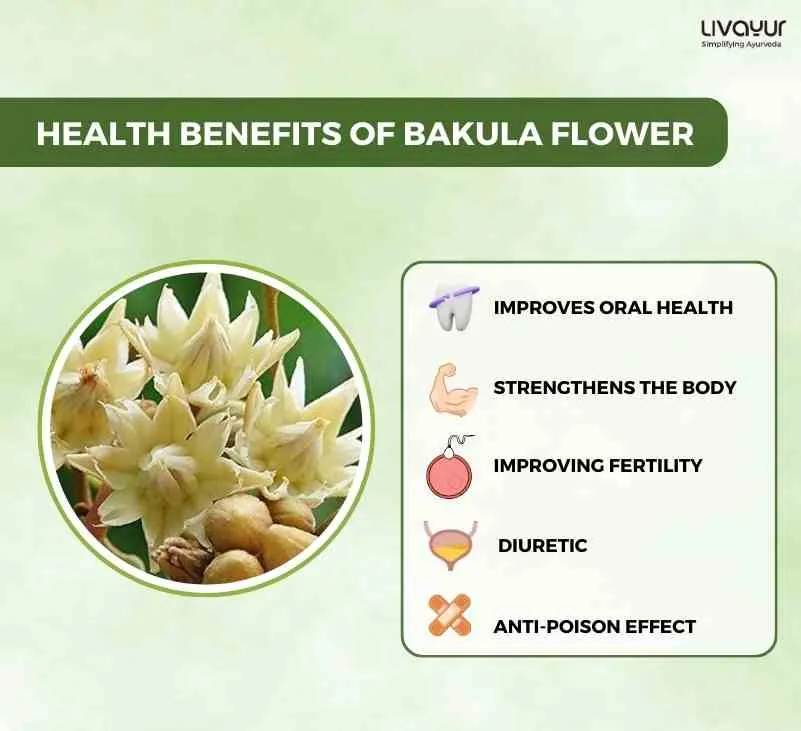









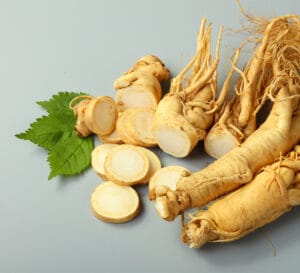
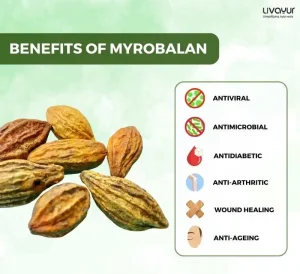
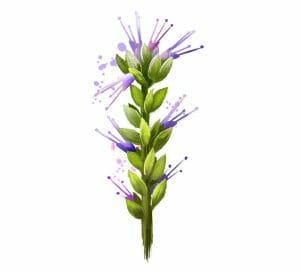




1 Comments